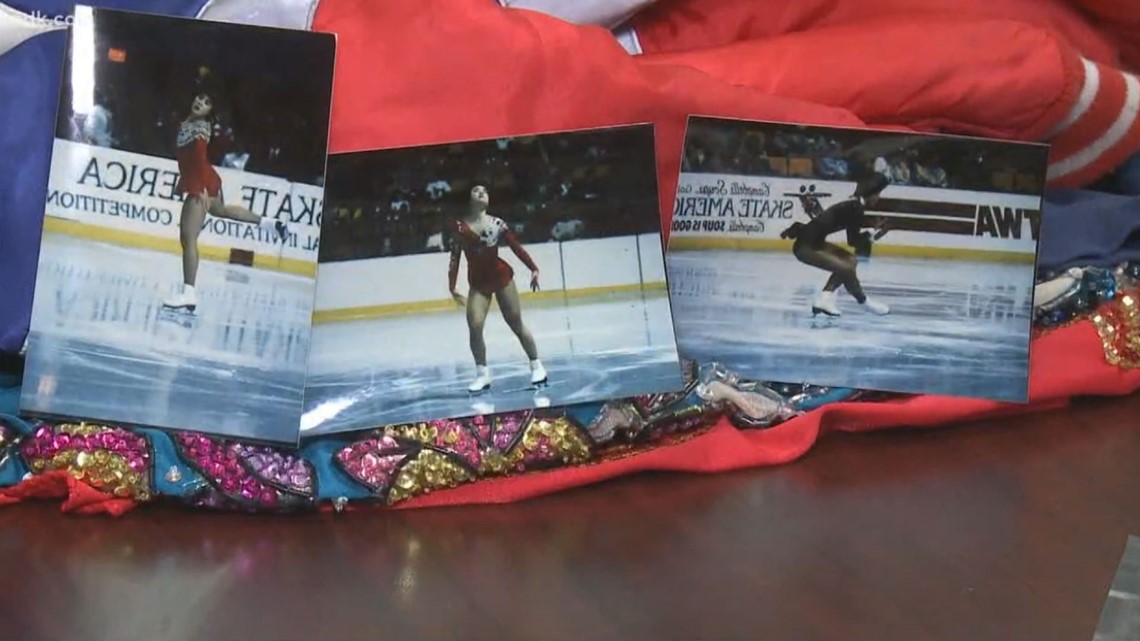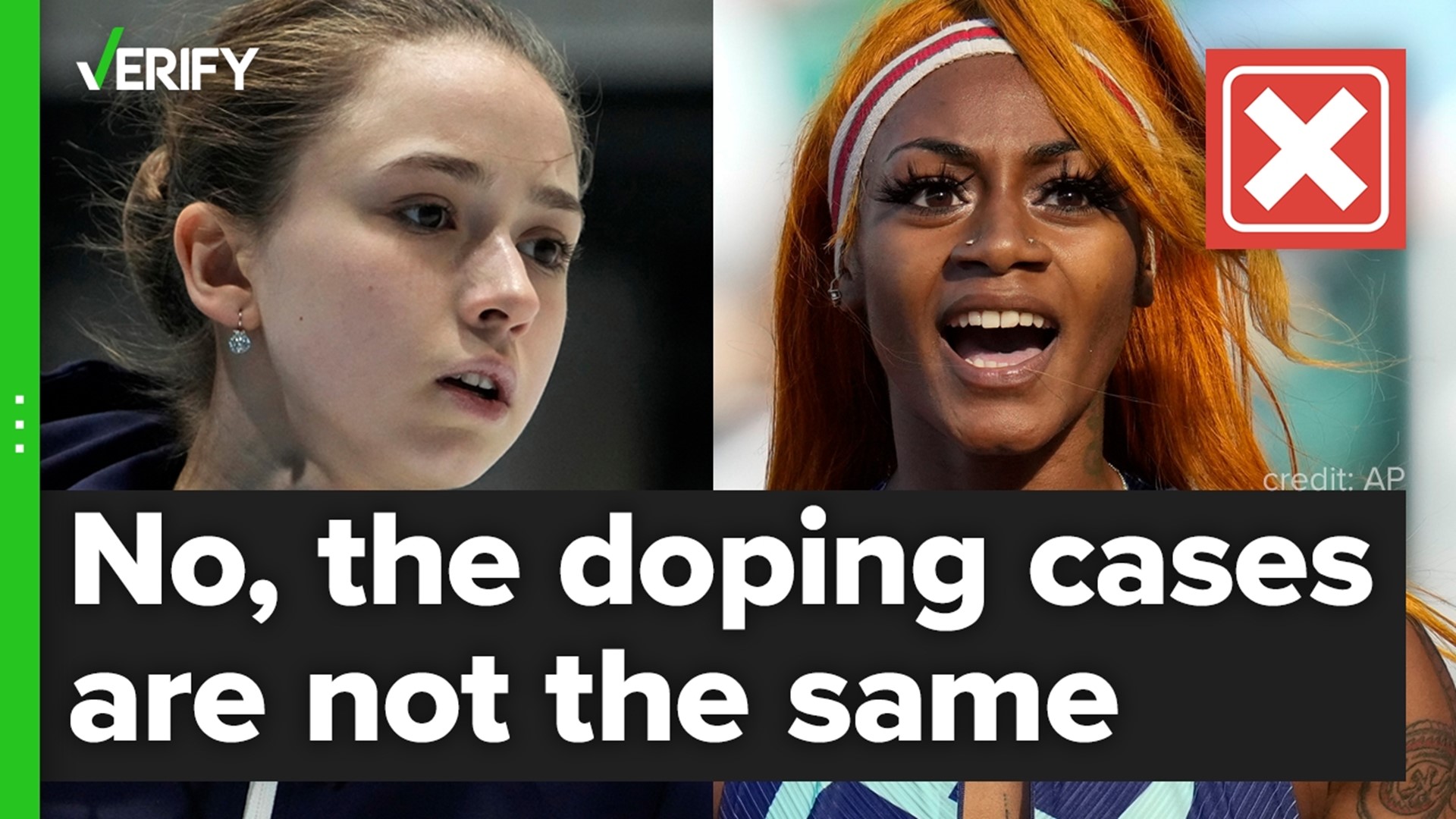ST. LOUIS — One of the most highly-anticipated events at this year's Winter Olympics has garnered the spotlight for all the wrong reasons.
The ongoing doping scandal involving 15-year-old Russian prodigy Kamila Valieva has everyone talking about figure skating.
Valieva has been allowed to compete at the Olympics despite testing positive for a banned substance before the Games. While Valieva has been allowed to compete, there will be no medal ceremony for the team competition she participated in, nor the women's competition, should she medal there.
RELATED: Russian figure skater Kamila Valieva OK to compete at Olympics by court, but no medal ceremony
Few people in St. Louis know more about what it's like to be under the pressure of an Olympic figure skating spotlight than Pauline Lee.
Lee, now an associate professor of Chinese thought and culture and the director for the Center of Asian Studies at SLU, was the first woman to represent Taiwan at the Olympic Games back in 1988 in Calgary.
The experience is one she hasn't forgotten.
"It shapes you. I didn't realize that. No matter what your participation it shapes you, I'm guessing forever," Lee told 5 On Your Side's Casey Nolen.
Lee said although her current job informs much of her outlook in life, when she sees the Olympics, it takes her back to her own journey as a young athlete.


"Much of my life through the eyes of my current profession, which is a professor of Chinese philosophy. So the critical studies and looking at the history of it. The Olympics, is something I see through the eyes of me as a 19-year-old who competed in Calgary in the Olympics and lived in the Olympic village and that was in 1988. So 30-plus years ago. So I see it through those eyes, which is different than how I live the rest of my life oftentimes," Lee said. "And I just feel for all the athletes. I see it through the eyes of an athlete. And that is a lot of stress they're all undergoing. That's a lot of pressure for anybody to be at the world's biggest stage for the sport they love. And now to have all this on top of that, I can't imagine. It's a lot."
"All this" is the Valieva situation, which has hijacked most of the current conversation about the Olympics.
Valieva is not just any figure skater at these games. She came in as the odds-on favorite among the women and was anointed as the next great of the sport.
"You've heard all the commentary on her. People say she's a legend. She's the talent of her generation and many generations possibly. She's extraordinarily gifted, a beautiful artist and an extraordinary athlete. That has to be a lot of pressure now. Fifteen years old and this on top of all of that pressure being at the Olympics," Lee said.
Because she is 15, Valieva is considered a "protected person", and could escape major sanctions under anti-doping rules. However, the ruling to let her continue to compete has cast a cloud over the athletes from other countries, also trying to reach their dreams.
"It isn't fair. She's a young girl. In our language she would be something like a freshman. A first-year high school student. She's very, very young. So the blame can't be put on her," Lee said. "It's not fair though, the whole situation to all the other athletes. They work really hard. My heart goes out to those athletes who won't be standing on the podium when they win their gold, silver or bronze medal. I'm thinking about all of them."
Lee said there's a more fundamental problem at work here, and that the programs in place to make sure this doesn't happen need to be revisited.
"Someone who studies the Olympics could give us a broader historical view of what went wrong so many years ago and what institutions have fallen apart to make this possible at this time and point and is landing on the shoulders of a 15-year-old child," Lee said. "Those institutions and that history is something to think about. It's hard and very tragic for all the athletes."

